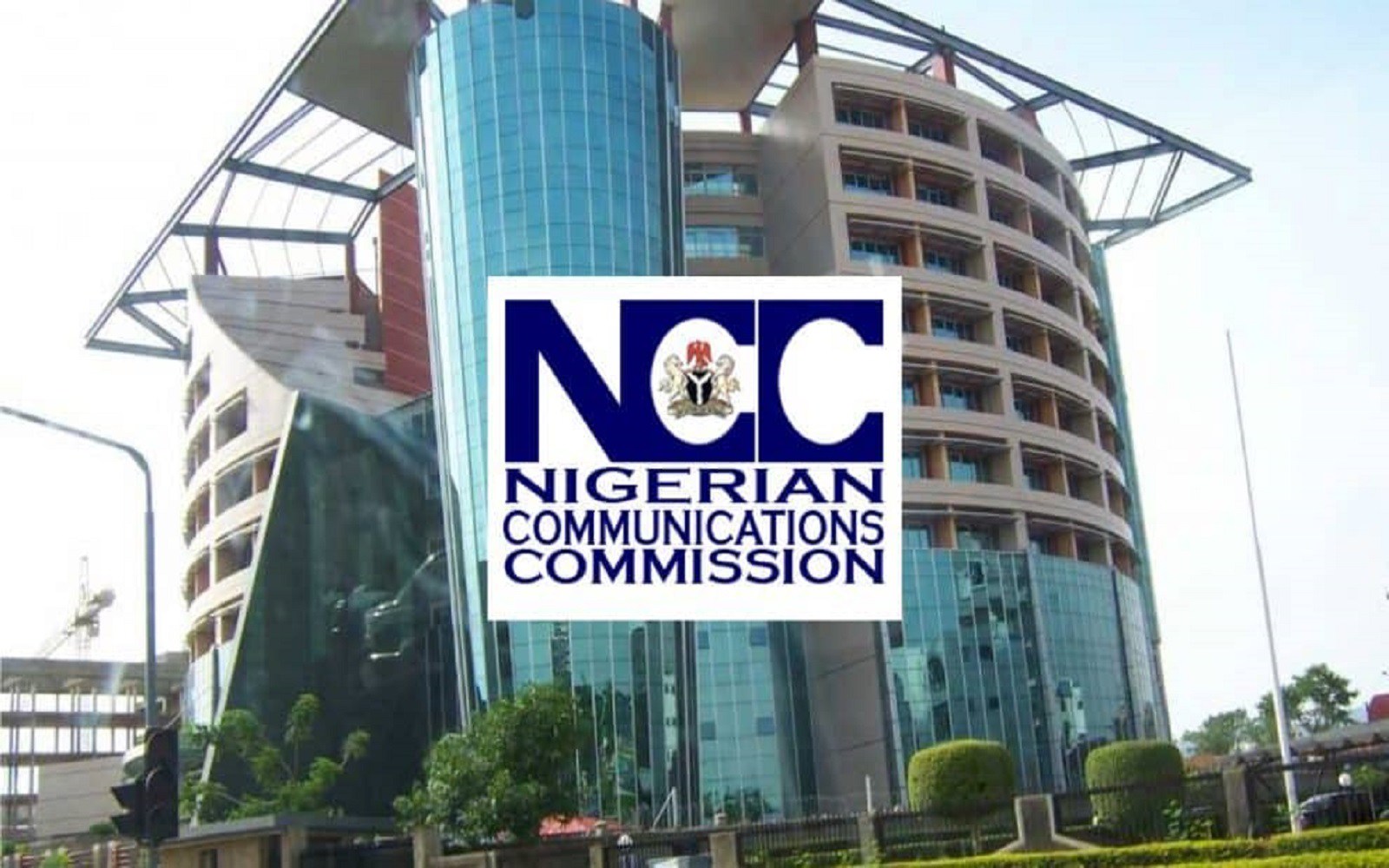The Nigerian Communications Commission (NCC) has authorized telecommunications companies to disconnect nine Nigerian banks from using their designated Unstructured Supplementary Service Data (USSD) codes due to outstanding unpaid invoices.
This move, which will take effect on January 27, 2025, could have significant implications for the country’s financial inclusion efforts.
The NCC issued the notice on Tuesday, January 14, 2025, through its spokesperson, Ruben Muoka. The regulator revealed that the nine banks, which collectively owe substantial amounts for the use of mobile network operators’ USSD services, had failed to settle invoices despite repeated requests.
The affected banks include Fidelity Bank Plc, First City Monument Bank, Jaiz Bank Plc, Polaris Bank Limited, Sterling Bank Limited, United Bank for Africa Plc (UBA), Unity Bank Plc, Wema Bank Plc, and Zenith Bank Plc. These banks have been using USSD codes such as 770, 919, and 822 to offer mobile banking services to their customers.
According to the NCC, these banks had not complied with the Central Bank of Nigeria (CBN) and NCC’s joint directive issued in December 2024 to settle overdue invoices for services dating back to as far as 2020.
“By the information made available to the commission as of the close of business on Tuesday, 14th January 2025, of a total of 18 financial institutions, the nine institutions listed below have failed to comply significantly with the directives for the settlement of outstanding invoices due to Mobile Network Operators (MNOs),” the Commission stated.
READ ALSO: NCC, FCCPC forge strategic alliance to boost consumer protection, competition in telecom sector
In its statement, the NCC also reminded consumers that they might lose access to the USSD services of the affected banks after the deadline. The move follows long-standing disputes between MNOs and financial institutions over the unpaid invoices, which reportedly amount to a staggering N200 billion.
The decision to disconnect the banks over the USSD payment issue is expected to have far-reaching consequences for financial inclusion in Nigeria, where mobile banking has played a crucial role in reaching the unbanked population.
Experts have expressed concern that the disruption of USSD services could significantly undermine efforts to provide accessible financial services to millions of Nigerians.
Dr. John Omo, an economist and financial inclusion expert, explained that USSD banking is essential for many Nigerians, particularly in rural areas with limited access to the internet or smartphones.
“USSD codes have become the go-to platform for financial transactions in Nigeria, especially for people who do not have access to smartphones or the internet. Cutting off these services will make it more difficult for Nigerians to engage in basic banking activities, undermining the country’s financial inclusion drive,” Dr. Omo said.
Similarly, Professor Lillian Akpan, a telecommunications and banking systems analyst, emphasized that the disconnection could exacerbate the financial exclusion problem.
“For millions of Nigerians who rely on USSD for their daily transactions, this development is a significant setback. The mobile banking sector has been a lifeline for many, and this dispute between banks and MNOs will undoubtedly create a huge gap in financial services,” she warned.
Data from the CBN highlights the growing importance of USSD in Nigeria’s financial landscape.
Between January and June 2024, a total of 252.06 million transactions worth N2.19 trillion were processed via USSD, a marked increase from the previous year when 630.6 million transactions totaling N4.84 trillion were recorded. Despite the increase in usage, these figures also underscore the scale of reliance on USSD for everyday financial services.
The outstanding invoice issue, if not resolved promptly, could lead to a reduction in mobile financial transactions, affecting everything from money transfers to bill payments and loan services.
With the involvement of multiple financial and telecommunications players, resolving the dispute seems crucial to ensuring continued access to essential services for millions of Nigerians.
This latest development raises questions about the stability of the relationship between Nigerian banks and telecommunications companies. With consumers already expressing frustration over banking fees and service interruptions, further disruptions to mobile banking services could lead to a loss of trust in the financial sector.
As the NCC has given the banks until January 27, 2025, to settle their obligations or face disconnection, industry stakeholders are urging both banks and mobile network operators to come to a swift resolution. However, with no clear sign of an immediate resolution to the dispute, consumers may soon feel the impact of this growing financial crisis.
As the situation continues to unfold, experts are calling on the relevant regulatory bodies to mediate and ensure that both sides reach an agreement that prioritizes consumer access to banking services and financial inclusion.

 Entertainment5 days ago
Entertainment5 days ago
 Health1 week ago
Health1 week ago
 Health4 days ago
Health4 days ago
 Football1 week ago
Football1 week ago
 Football1 week ago
Football1 week ago
 Crime4 days ago
Crime4 days ago
 Crime1 week ago
Crime1 week ago
 Education6 days ago
Education6 days ago

